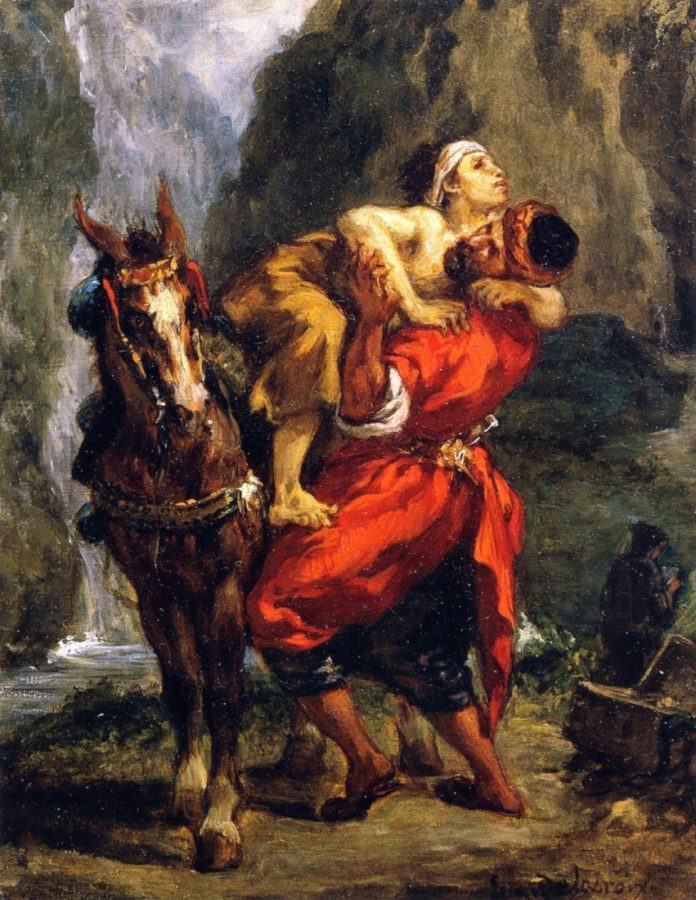The Parable of the Good Samaritan in Luke 10:25-37 is one in which the Revs. William Mark Bristow and Andy Hill see timeless relevance.
Jesus told the story, they say, to show what a neighbor truly was.
The Rev. Bristow, pastor of Parker Heights Christian Church here and Grace Fellowship in Monahans, said the man was probably robbed, beaten and left for dead on a road about 10 miles south of Jerusalem where criminals made travel dangerous for people who didn’t move in groups.
“All the religious people are passing him by when a Samaritan comes along and rescues him, watches over him, puts him in an inn, pays the innkeeper and says he will return and pay any more of his bills,” Bristow said.
“The famous prime minister of India, Mahatma Gandhi, said he would love to be a Christian if it weren’t for the Christians with the way we act. We should be more like the Good Samaritan and ask God to help us rescue and heal those who are having troubled times.”
Bristow said giving help when it is most needed is often not easy.
“I’ve had times when I went to the side because it looked like trouble and then God touched my heart and said, ‘You should go back and help that person,’” he said.
“Sometimes it’s messy when people need help, but that’s OK. The countryside where it happened looks like Van Horn. Jesus told this story as a shining example.”
The Rev. Hill, pastor of the West Texas Cowboy Church, said the story is also remarkable because there was great enmity between the Jews and Samaritans.
“At that time the Jews considered the Samaritans to be almost untouchable because they were people of mixed heritage and mixed blood,” he said. “They would go miles out of their way to avoid passing through Samaria.
“Jesus didn’t tell the story to shame the Jewish leaders but to show that God looks at the heart rather than the pedigree.”
Citing First Samuel 16:6-13, Hill said David “was the runt of the litter and the least likely to be selected as the next king of Israel based on his outward appearance, but like the Good Samaritan his heart was right toward his fellow man.”
Hill said the Pharisees “were moving to the other side of the road, yet it was the Samaritan, the lowliest of all people, who not only stopped to help but also gave money and made sure the man was taken care of.
“My takeaway is that we should make sure our hearts are right with God and toward our fellow man with compassion, mercy and forgiveness, not just read God’s word but put it into action,” he said.




